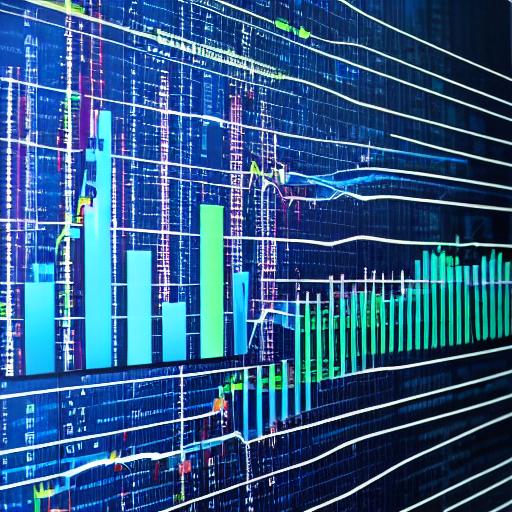Although inflation somewhat decreased in October, many experts continue to forecast that a recession will begin in 2023 as a result of rising interest rates. According to analyst organizations, despite the pessimistic overall economic prediction, expenditure on data, analytics, and AI initiatives is expected to hold steady and possibly even increase as business transformation and cloud computing are viewed as significant competitive differentiators.
Last month, Gartner forecasted that worldwide IT spending will rise 5.1% to $4.6 trillion. The areas of greatest growth will be in software, where Gartner anticipates spending to rise by 11.3%, and IT services, where spending will rise by 7.9%. According to Gartner, spending on devices is expected to decrease by around half a percentage point while spending on on-premise data center equipment is only expected to increase by 3.4%.
According to Gartner Distinguished VP Analyst John-David Lovelock, as leaders increase their digital business efforts, enterprise IT investment is “recession-proof.” Economic instability “may affect the context for technology investments, raising spending in certain sectors and accelerating decreases in others, but it is expected that it will not considerably impact the level of business technology spending,” the author claims.
According to a Gartner poll of CIOs released last month, the top investment sectors for 2023 will be cloud platforms (50%), business intelligence/data analytics (55%), and cyber and information security (66%). However, according to the business, just 32% are boosting investment in artificial intelligence (AI) and 24% in hyper-automation.
According to Gartner Distinguished VP Analyst Janelle Hill, as CIOs change their attention from back-office automation to customer-facing projects that can drive growth, data, analytics, and AI will be front and center.
Leading CIOs are more likely to use data, analytics, and AI to identify changing customer moods or behavior that may indicate a business opportunity, according to Hill.
IDC, which recently forecasted that global investments in digital transformation would increase by 16.3% to $3.4 trillion next year, shared that stance.
According to Craig Simpson, senior research manager at IDC’s Data & Analytics Group, investment in digital transformation is expected to continue solid despite strong headwinds from global supply chain bottlenecks, surging inflation, political uncertainty, and an imminent recession.
There hasn’t been a significant drop in expenditure on data, analytics, and AI projects, according to Forrester. According to the most recent Budget Pulse polls, which Forrester performs, spending on data and analytics will be flat to slightly higher in 2019 compared to 2022.
According to her, the data and analytics were strong in stating that it was going to stay relatively about the same…or increase. Because you cannot reduce your data and analytics, It is about advancing innovation. You can spend more on artificial intelligence, but you also need to spend more on data and analytics because those costs are included in your expenditure on business intelligence and data governance. This is what keeps things moving around the globe.
Forrester has high hopes for AI. According to the analytical firm’s October forecast, eight of the world’s largest nations will spend $64 billion on AI between 2021 and 2025, a doubling of current levels. According to the analytical group, that rate is 50% greater than the whole software market.
According to Forrester Forecast Analyst Michael O’Grady, the main factor is the incorporation of AI into products across all sectors of business and society.




